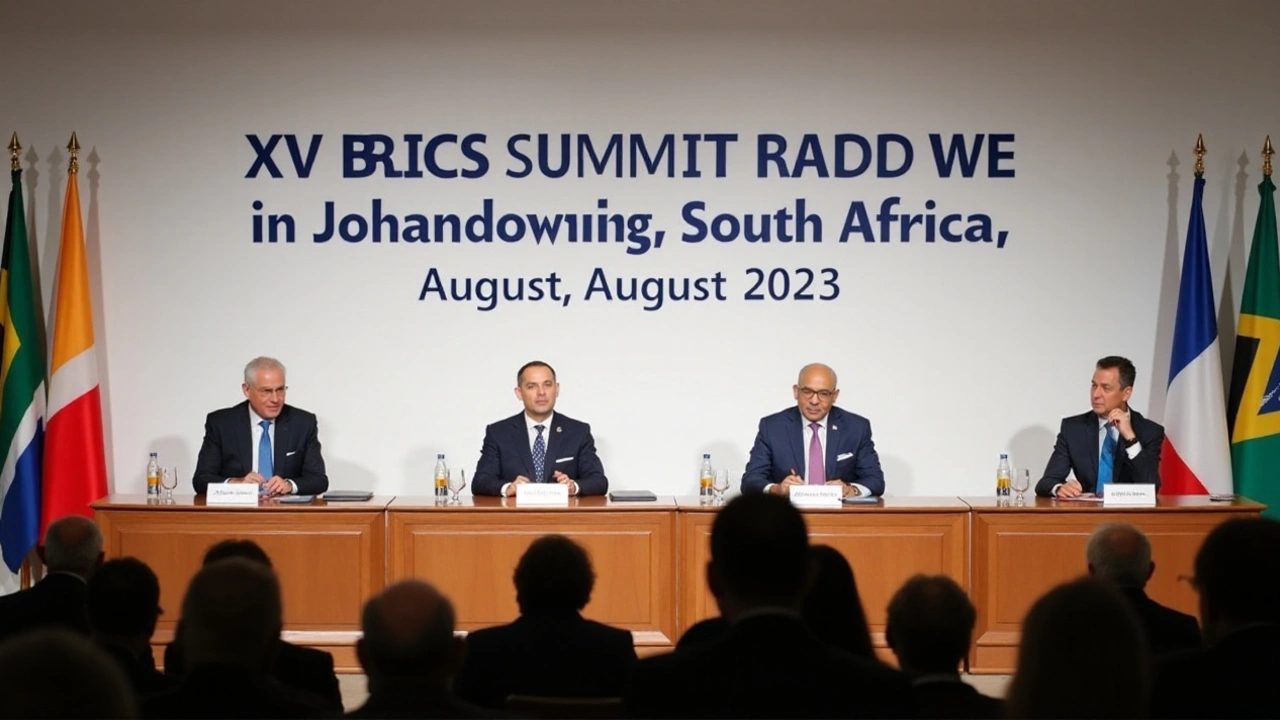Understanding International Trade: What You Need to Know Today
International trade moves the world’s economies, connecting nations through exchange of goods, services, and ideas. For Africa, this means fresh opportunities and challenges as the continent taps into global markets. Whether it’s new deals, trade policies, or disputes, staying in the loop helps businesses and individuals understand what’s shaping their daily lives and future prospects.
Trade isn’t just about big deals between countries; it affects jobs, prices, and access to products we use every day. For instance, when South Africa dropped a planned VAT increase, it wasn’t just a tax decision— it had ripple effects on trade competitiveness and consumer spending. These moves highlight how trade policies intersect with local economies and government budgets.
How Global Events Affect African Trade
Look at conflicts or diplomatic tensions – they can disrupt supply chains or shift trade alliances overnight. When the U.S. took a tough stance on Iran’s nuclear talks, it affected markets worldwide and had indirect effects on African exports and imports. This shows how global politics is closely tied to trade flow and business risks.
Also, technology impacts trade hugely. For example, Apple’s legal battles with Epic Games over Fortnite’s return to iOS signal how digital trade and app markets are contested spaces. Such stories remind us that trade today isn’t just about physical goods, but digital assets and online platforms too.
What This Means for You
If you run a business or just want to understand the news better, watching how trade developments unfold can reveal where opportunities lie. Rising exports, new tournaments attracting sponsorships, or changes in consumer habits—these are all signs of shifting markets. Following trusted sources helps you spot trends early and adapt your plans smartly.
At JLT Creative Daily News Africa, we bring you the newest trade updates and explain them in straightforward terms. Whether it’s about Africa’s role in the world market or local changes influencing trade flows, our aim is to keep you informed and ready for what’s next.

BRICS Nations and the Myths of a Common Currency
The Department of International Relations and Cooperation (Dirco) has refuted claims that the BRICS countries are planning a shared currency, amidst warnings from US President-elect Donald Trump about potential tariffs. While discussions have focused on increasing local currencies in trade, political and economic hurdles remain significant. Experts emphasize the challenges in creating a common currency, highlighting ongoing reliance on existing financial institutions.
